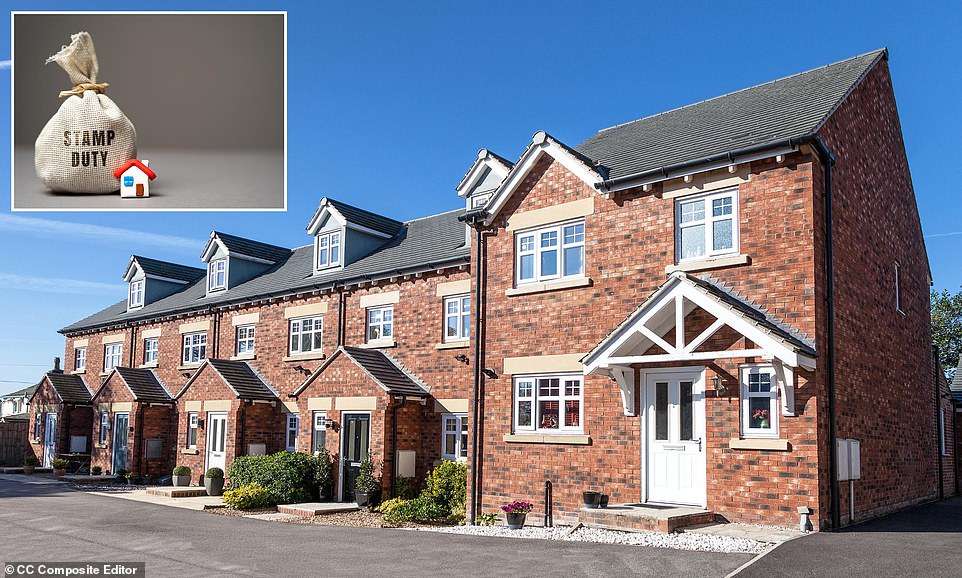Advertisement

Higher stamp duty costs led to a drop-off in activity across the property market earlier this year, according to the latest data. The Financial Conduct Authority ‘s mortgage lending figures reveal a considerable slump following the changes to stamp duty which came into effect on 1 April. Between April and June this year, the value of new mortgages handed out by banks plummeted by almost a quarter compared with the three months between January and March.

The value of mortgages lent fell from £77.6billion between January and March to £58.8billion between April and June, marking the lowest level since the first three months of 2024. It comes amid rumours in recent weeks that Labour could seek to make sweeping changes to property taxes in the Autumn Budget . Property experts say this uncertainty is already leading to a slowdown in the market, which could last until the Budget is delivered in late November.

Karen Noye, mortgage expert at wealth management company Quilter, said: ‘The start of 2025 had seen a marked lift in lending activity as people rushed purchases before the shift in the tax rules saw their stamp duty bill rise substantially overnight.

‘However, with interest rates still high and stamp duty costs inflated, it came as no real surprise that there was such a downward shift in the months that followed.’ The value of new mortgage commitments, which refers to mortgages which have been agreed with the lender, but not yet paid to the homeowner, rose by 14.6 per cent to £78.2 billion compared to the previous three months.

‘Mortgage lending remains subdued, with gross advances down sharply in the last quarter – but the forward-looking indicators tell a different story,’ said Simon Gammon, managing partner at Knight Frank Finance. ‘Lenders are targeting the buoyant first-time buyer market, which has become key to gaining market share.’ However, this data was gathered before the Budget tax rumours had a chance to take hold.

Some believe that the housing market is slowing down in response, which could lead mortgage lending to slide again. Noye said: ‘Budget rumours are also adding to the uncertainty and talk of new property-related taxes could result in would-be sellers putting their plans on hold until they have a clearer picture, so there is still a risk that the market stalls further in the near term.’
What were the stamp duty changes?

From 1 April, stamp duty tax thresholds temporarily established in 2022 were lowered meaning home movers started paying stamp duty if the property cost more than £125,000, down from £250,000 previously.

On a £250,000 property purchase that meant paying an extra £2,500 in upfront taxes. However, first-time buyers bore the brunt of the changes. From April they began paying stamp duty if a home cost more than £425,000, but this has now dropped to £300,000.

Instead of paying no stamp duty on a purchase worth £425,000, they therefore started paying £6,205. First-time buyers in London where the average property value is £564,000 saw the greatest jump in costs. Someone buying the average home in the capital saw their stamp duty bill rise from £6,950 to £18,200.
#Higher #stamp #duty #caused #property #market #slowdown


